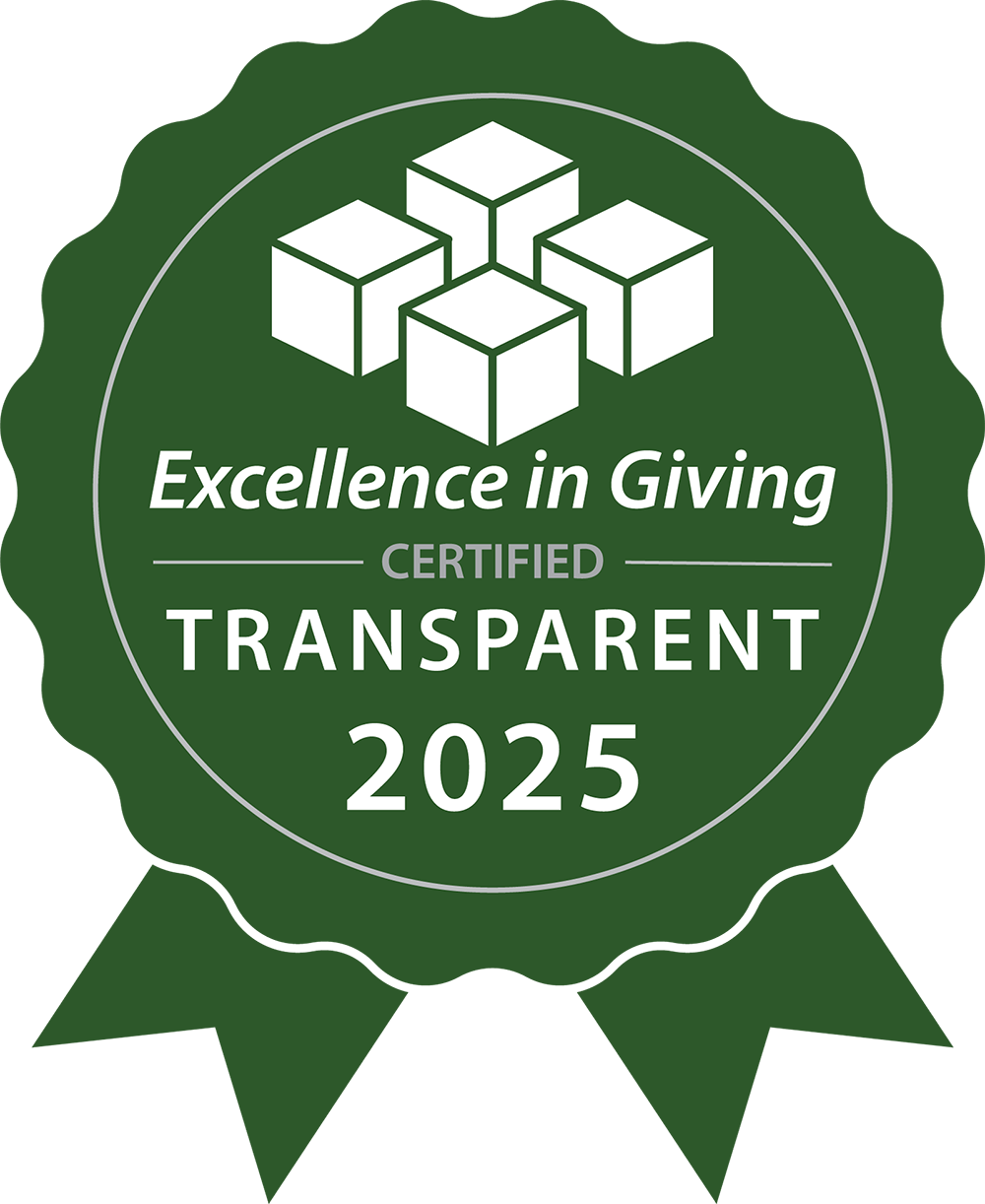Contributor: Mark Anderson
One of my most vivid childhood memories was having a rock throwing competition with my brother. We were on top of the hill in our backyard, next to the garden. He threw first, and his rock went all the way down the hill. I was determined to win, so, when it was my turn, I hurled my rock with as much gusto as I could muster, hitting the back patio, where my rock bounced up and straight through the sliding glass door, into our family room. Ouch.
While I’m not proud of this event and how my actions resulted in a costly repair job, I have not forgotten that day. Though the pain of my punishment lasted just a short time, the many retellings of this story have made it “sticky,” and the memory lasts, in full detail, to this day.
What makes an event like this, or anything else for that matter, sticky or memorable? Is it the specific arrangement of words? Or is it rather, the images we visualize in our heads?
When we work with Spoken Worldwide translation teams, we begin by emphasizing the idea of internalizing each biblical passage, developing a good sense of who the characters are in the story, what they said and did, what happened, and how those around them reacted. One of the best ways to do this is to have each team member actually place themselves IN the story – visualizing they are one of the characters. This brings a “realness” to the experience, allowing them to better embody what is happening. Another way we help the team internalize the story is to have each team member retell it as naturally as they can without adding anything and without leaving anything out. The team then takes time to discuss the story and ask poignant questions that then further embed the story in their minds.
In the book The Return of Oral Hermeneutics the authors discuss how, in a collectivist culture, orality calls for participation and engagement, using imagination and emotions to capture meaning and messages that can be maintained and held by the community. The key is that words can vary, but meanings need to be the same. There can be creative variations, but only within specific parameters to ensure the meaning is not lost. When this happens, the written text speaks…because it was spoken text! And the content – the meaning of the text – remains trustworthy and authoritative. This is our goal with oral Bible translation at Spoken Worldwide. As we translate, the local community leaders we partner with monitor more than words spoken – they also monitor the meaning of those words and their resulting actions. Oral Bible translation, in the form of stories, makes the voices and actions of the Bible characters sticky.
Here’s an example of sharing a passage in story format. The setting is from the book of John, where John describes how Jesus responded to the Jews who were accusing him of being a Samaritan and possessed by the devil.
I’m not crazy. I merely know and live as my Father desires, while you minimize and discredit me. I am not looking for notoriety and fame. God is doing something unimaginable here and He has all the resources necessary to carry out His agenda. I say this with certainty. If you routinely listen to what I’m saying and make these things evident in your lives, you will never experience death. Eternal life will be a continuation of the life you began here.
My paraphrase of John 8:49-51
If I had just shared this story with the team, we’d then begin discussion and asking key questions…How else might Jesus have responded? What makes Jesus seem real? What is the purpose for including these details of this incident? Was Jesus’ answer only for his accusers? How do we find meaning amid the ambiguity and mystery of His answer? What further meaning can be found in His answer?
As discussion ensues, the biblical passage becomes sticky, and each person on the team is able to remember the story, in detail, and share it with others in the same fashion.
If you are so inclined, pick a short Bible passage and try writing a paraphrase that feels sticky and natural to you.
A special thanks to Mark from the Spoken team for his contribution. Mark’s support of the oral Bible translation team includes facilitating and coaching in the areas of accountability, capability improvements and tools.



